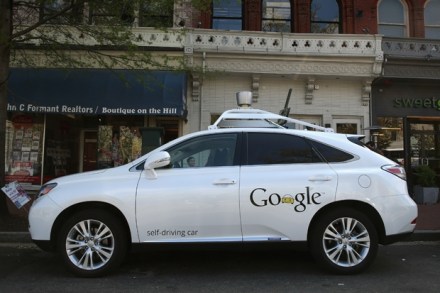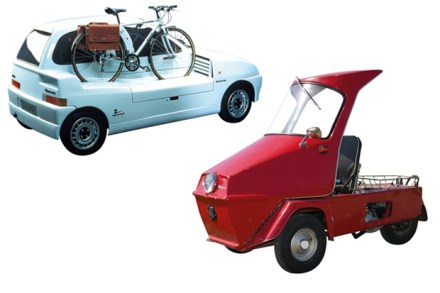Nine angst-ridden men
‘Insufficiency’ is a favourite David Szalay word. The narrator of his previous novel, Spring, suffered from ‘insufficiency of feeling’; in this new collection of carefully juxtaposed tales, a Scottish ne’er-do-well adrift in Croatia decides his smile is ‘insufficient’. Szalay’s dissections of masculinity can produce wonders from such banal anxieties. Over 400 pages, he goes to town on nine specimens of the male gender, only surfacing to spit out the bones. While the stories aren’t linked by characters, they trace a rough chronological arc through a man’s life, skipping the mewling infant and whining schoolboy. In the first, a jejune student laments his failure to bed a willing hostess on an














